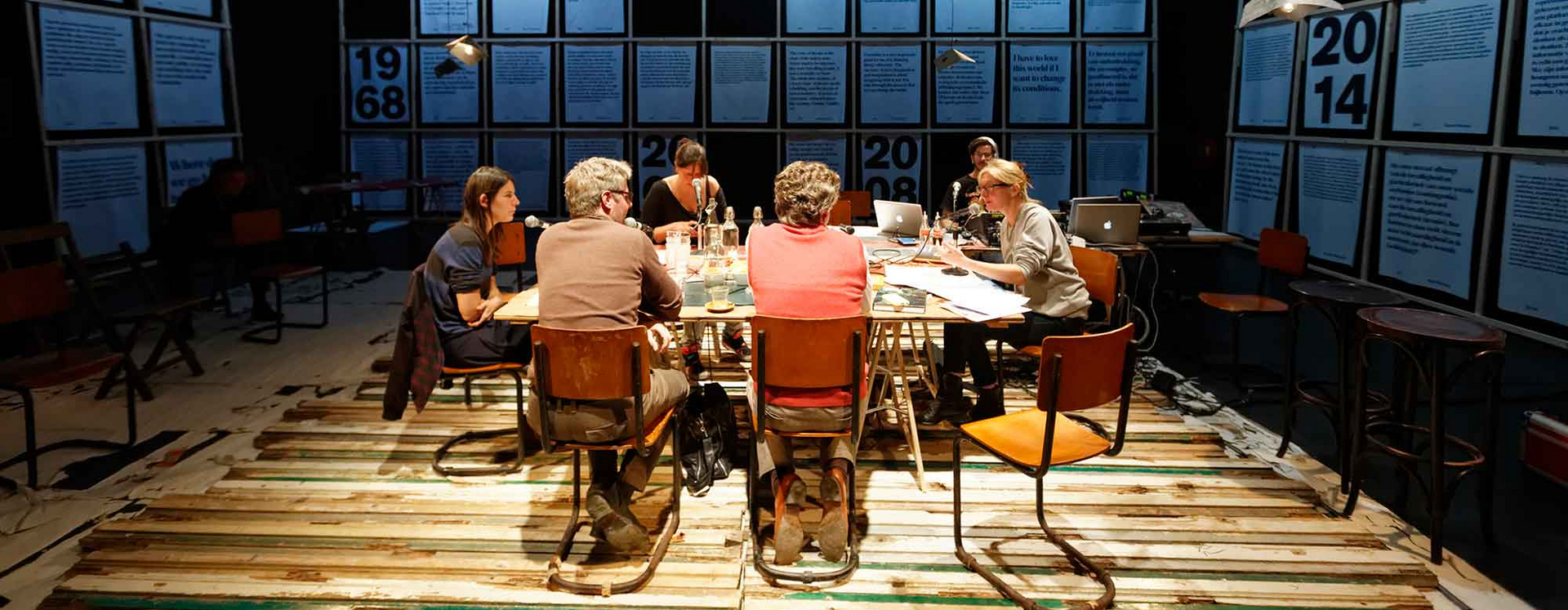Amanda Piña
Amanda Piña is Mexican-Chilean and Viennese, working in choreography and dance-related research. She curates and teaches in the frame of performing and visual arts, writes and edits publications currently on endangered movement practices. Since 2008 she works as artistic direction of the association nadaproductions and of the art space nadaLokal, in Vienna. She lives between Vienna and Mexico City.
Her choreographic work is interested in the political and social power of movement, featuring non-western references and perspectives. She is interested in developing new frameworks for the embodiment of a decolonial aesthesis.
Her current research and artistic project "Endangered Human Movements", is dedicated to dances and cultural practices that have already vanished or are threatened with extinction.
Four volumes of research have been already realized, including three publications featuring essays on the topics of movement, decoloniality, traditional and contemporary art, shamanism and First Nations forms of relating with animals plants and the earth.
Research:
Dances of Global Warming: Decolonial dance and the “post-human” in first nations ancestral weather related bodily practices
If global warming can be translated as a rise in the temperature of the earth, heat can be translated into energy and energy into movement.
This research addresses the weather and investigates the relation between body, ritual dance, and climatic phenomena.
Amerindian ancestral traditions feature, still today, a variety of relational somatic practices addressing the weather through direct action. In this practices, reciprocal correspondence between human action and climate phenomena, are seen as forms of mutual address and forms of enacted dialogue and social relation.
Gathering examples of direct address from Amerindian contemporary traditions, the artistic research fabulates with the idea of establishing a dialogue with the weather, and creating a bridge between contemporary poetry, decolonial dance, ancestral First Nations philosophies, and scientific knowledge.
Speculating on the weather as an “other” with whom to relate and communicate, through the practice of theory, oral narration and dance practices, the project explores new breedings between different conceptions of the body in relation to the weather.


